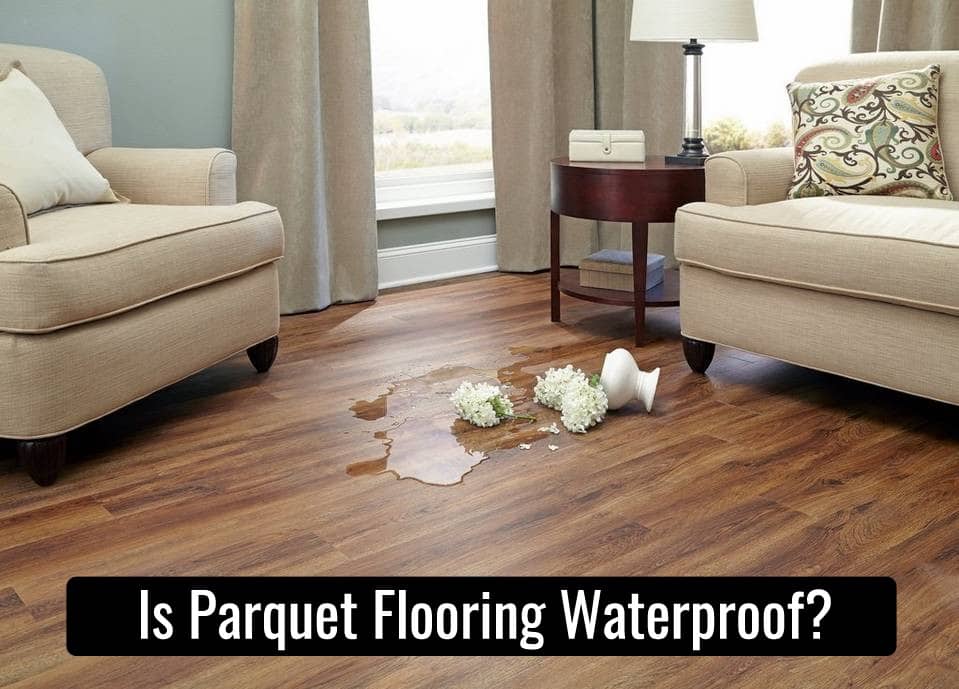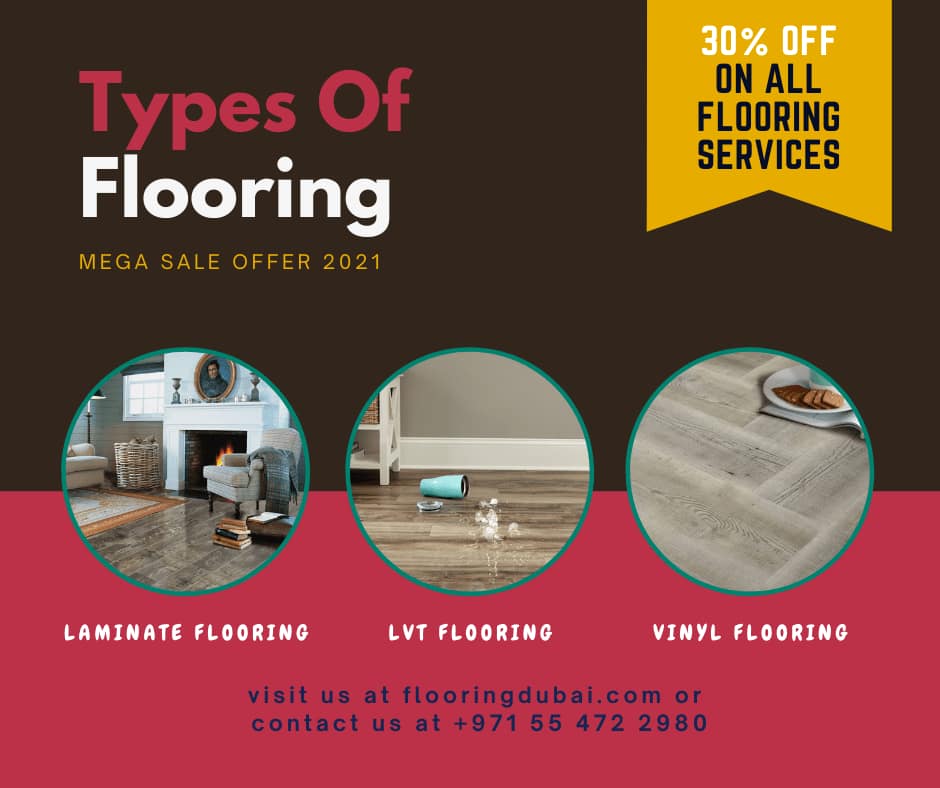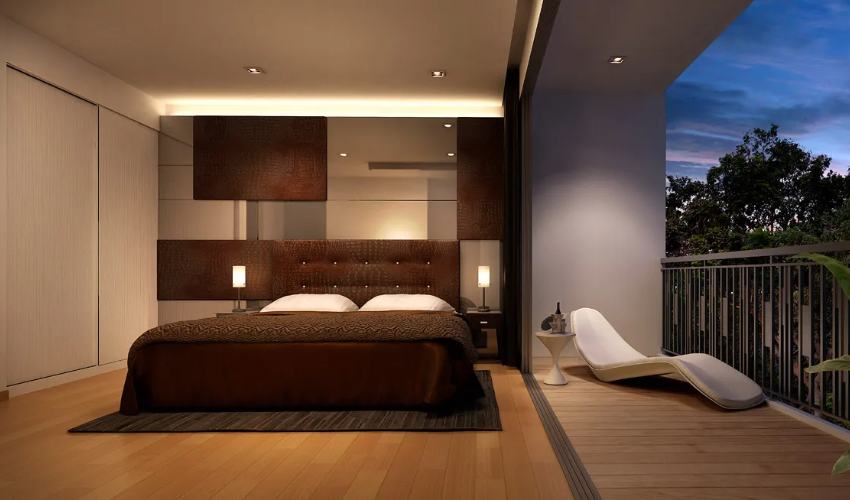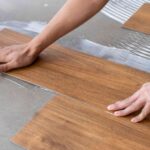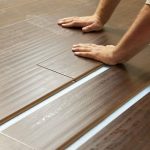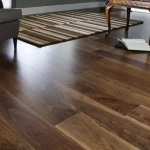As sustainability becomes a top priority for homeowners and designers alike, eco-friendly flooring is taking center stage in Dubai’s interior landscape. From renewable materials to low-VOC finishes, these green solutions not only reduce environmental impact but also enhance indoor air quality and long-term durability. For those looking to relax after a home renovation, check out nine win casino bonus code for an exciting bonus opportunity while you wait for your new floors to settle. Incorporating natural fibers and recycled components into floor designs has never been more accessible, thanks to advanced manufacturing techniques and growing local demand. Designers are increasingly specifying materials that pair high performance with minimal ecological footprint, ensuring that beauty and responsibility go hand in hand. With Dubai’s unique climate challenges—from intense heat to occasional humidity—choosing the right eco-friendly flooring requires a solid understanding of local conditions. This article explores the top trends, materials, and practical tips to help you make informed decisions for a greener home in 2025. Whether you’re planning a full-scale remodel or simply updating a single room, these insights will guide you toward floors that look great, feel comfortable, and stand the test of time.
Why Eco-Friendly Flooring Matters in Dubai
Dubai’s rapid urban growth and luxury-driven market often emphasize visuals over sustainability, but a shift is underway as residents become more environmentally conscious. Eco-friendly flooring offers a viable path to reduce a home’s carbon footprint without compromising on style or resilience. Renewable options such as bamboo and cork are garnering attention for their fast regeneration rates and natural appeal, making them ideal for both modern and traditional interiors. Low-emission adhesives and finishes further enhance indoor air quality, an important factor in a region where air conditioning runs almost year-round. As energy costs continue to rise, durable, sustainable floors that require minimal upkeep can deliver significant savings over the lifespan of a property. Developers and property managers are beginning to market green certifications and eco-labels as selling points, generating stronger demand among buyers and tenants. By selecting eco-friendly materials, Dubai homeowners can contribute to global efforts against climate change while enjoying floors that resist wear, stains, and fading. Ultimately, these green flooring solutions support healthier living spaces and promote long-term economic benefits.
Top Eco-Friendly Flooring Materials
1. Bamboo Flooring
Bamboo flooring has emerged as one of the most popular sustainable choices in Dubai, thanks to its rapid growth cycle and robust hardness. Unlike traditional hardwoods that can take decades to mature, bamboo reaches harvest size in just five to seven years, making it a highly renewable resource. Modern bamboo planks undergo high-pressure treatment to enhance stability, ensuring they withstand heavy foot traffic and temperature fluctuations. With a range of finishes from natural blonde to espresso-stained, bamboo can complement both minimalist and opulent decor schemes. Its anti-microbial properties discourage mold and bacteria growth, which is especially beneficial in humid coastal areas. Installation processes for bamboo are similar to engineered wood, enabling smooth transitions for professional fitters and DIY enthusiasts. Regular sweeping and occasional damp mopping keep bamboo floors looking pristine, while occasional re-coating maintains their original luster. Overall, bamboo offers an elegant, eco-conscious solution that aligns perfectly with Dubai’s forward-thinking architectural projects.
2. Cork Flooring
Cork flooring combines comfort, insulation, and sustainability in one versatile product, making it a rising star in eco-friendly design. Harvested from the outer bark of cork oak trees without harming the tree itself, cork regenerates naturally, ensuring a continuous supply. Its unique cellular structure provides excellent thermal and acoustic insulation, reducing energy consumption for heating and cooling and minimizing noise transfer between floors. The soft, cushioned surface also offers ergonomic benefits, reducing strain on joints during prolonged standing in kitchens or home offices. Cork’s natural resistance to moisture and pests further extends its lifespan, particularly important in areas prone to occasional water exposure. A variety of tile patterns and plank formats allow designers to create custom layouts and intricate designs. Maintenance is straightforward—regular sweeping, gentle cleaning with a neutral-pH product, and periodic sealing to protect the surface. Cork’s combination of resilience, comfort, and ecological credentials makes it a standout choice for eco-savvy Dubai homeowners.
3. Recycled Vinyl Tiles
Recycled vinyl tiles (RVT) are transforming conventional vinyl flooring by incorporating post-industrial and post-consumer vinyl waste into new, high-performance products. This closed-loop recycling process diverts thousands of tons of material from landfills each year, reducing resource extraction and manufacturing emissions. RVT maintains the durability, water resistance, and ease of maintenance that made vinyl popular, while adding a green credential that resonates with today’s eco-aware buyers. Advances in printing technology enable a wide spectrum of realistic wood, stone, and abstract patterns that rival natural materials at a fraction of the cost. Installation involves interlocking tiles or adhesive-backed options, allowing rapid fitting and minimal adhesive use when selecting peel-and-stick variations. Routine cleaning with non-abrasive tools preserves the finish and color intensity, ensuring long-lasting appeal. For urban apartments and busy commercial spaces in Dubai, recycled vinyl tiles offer a pragmatic, sustainable solution without sacrificing design flexibility.
4. Engineered Wood with FSC Certification
Engineered wood flooring combines a hardwood veneer with plywood layers beneath, delivering the warmth and elegance of solid wood while enhancing dimensional stability. When sourced from Forest Stewardship Council (FSC) certified suppliers, engineered wood floors guarantee that raw materials originate from responsibly managed forests. This certification assures that harvesting practices protect biodiversity, water resources, and local communities. The engineered structure resists warping and cupping in Dubai’s dry climate, making it suitable for high-rise apartments and villas alike. Finishes range from classic oak to exotic teak veneers, accommodating diverse interior themes. Professional installation typically involves floating methods or glue-down techniques, depending on the subfloor and product design. Periodic re-sanding of the veneer layer (where applicable) can refresh the surface, extending the life cycle by decades. Engineered wood with FSC certification offers a balance of environmental stewardship and timeless aesthetics for discerning Dubai residents.
5. Natural Stone
Natural stone flooring, including options such as marble, limestone, and travertine, remains a symbol of timeless luxury in Dubai’s upscale residences. While stone extraction carries environmental considerations, selecting suppliers with transparent quarrying and reclamation practices can mitigate ecological impacts. Stone’s inherent thermal mass helps regulate indoor temperatures—absorbing heat during the day and releasing it at night—contributing to passive cooling strategies. The surface’s durability and scratch resistance ensure that marble and limestone floors retain their glossy finish under heavy use. Polished, honed, or brushed surface finishes create distinct visual effects that complement both traditional and contemporary spaces. Sealing treatments prevent staining and simplify maintenance, requiring minimal cleaning with pH-neutral cleaners. By incorporating responsibly sourced natural stone, Dubai homeowners can achieve a sophisticated aesthetic while supporting ethical supply chains.
Installation Tips for Eco-Friendly Floors
Proper installation is crucial to maximize the performance and longevity of eco-friendly flooring materials in Dubai’s challenging climate. Always work with certified flooring specialists who understand local temperature and humidity variations. Ensure the subfloor is level, clean, and dry to prevent future issues such as buckling or uneven wear. Use low-VOC adhesives and sealants to minimize harmful off-gassing during and after installation. Allow proper acclimatization time for materials like bamboo and cork to adjust to indoor conditions before fitting. Follow manufacturer guidelines for moisture barriers, especially in ground-level or basement installations. Employ transition strips and expansion joints where rooms meet to accommodate natural expansion and contraction. Schedule installation during moderate temperature periods—avoiding the peak summer heat—to maintain material stability and adhesive performance. By adhering to best practices, you can safeguard your investment and ensure your eco-friendly floors perform optimally for years to come.
- Verify subfloor flatness within manufacturer tolerances.
- Control indoor humidity between 40% and 60% during and after installation.
- Use protective masking tape and drop cloths to shield adjacent surfaces.
- Stagger joints to create a more natural pattern and structural integrity.
- Perform a final inspection and remove debris before applying sealants.
Maintaining Your Green Floors
Routine care ensures that eco-friendly floors in Dubai remain attractive and functional over time. Sweep or vacuum regularly with a soft-bristle attachment to remove grit and prevent scratching. For spills or stains, act promptly using a damp cloth and a manufacturer-approved cleaning solution. Avoid abrasive scrubbers and harsh chemicals that can degrade finishes and compromise protective layers. Place felt pads under furniture legs to minimize indentations and scuffs. Use area rugs in high-traffic zones to distribute wear evenly and add a decorative touch to your living spaces. Reapply protective sealants or waxes at recommended intervals to maintain surface integrity and sheen. Monitor humidity levels to prevent material contraction or expansion, especially during the dry winter months. With consistent maintenance, your sustainable flooring will continue to deliver beauty and performance in the heart of Dubai.
“Eco-friendly floors not only protect the environment but also add lasting value and elegance to your home in Dubai.”Conclusion
Adopting eco-friendly flooring is a powerful way to align your home design with sustainable principles while enjoying the highest standards of quality and style. From rapidly renewable bamboo to responsibly sourced natural stone, the options available in Dubai cater to diverse tastes and functional requirements. By prioritizing low-emission materials, ethical certifications, and proper installation methods, you can create interiors that are both luxurious and environmentally responsible. Maintenance routines that focus on gentle cleaning and humidity control will extend the life of your green floors, ensuring they continue to impress for years to come. Whether you’re renovating a beachfront villa or updating an urban apartment, these eco-friendly trends for 2025 offer the perfect blend of performance, aesthetics, and conscience. Embrace the movement toward sustainable living and let your floors reflect a commitment to a healthier planet and a more elegant home.


